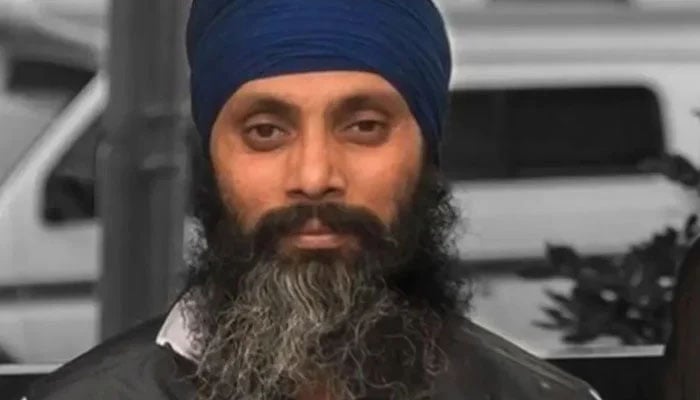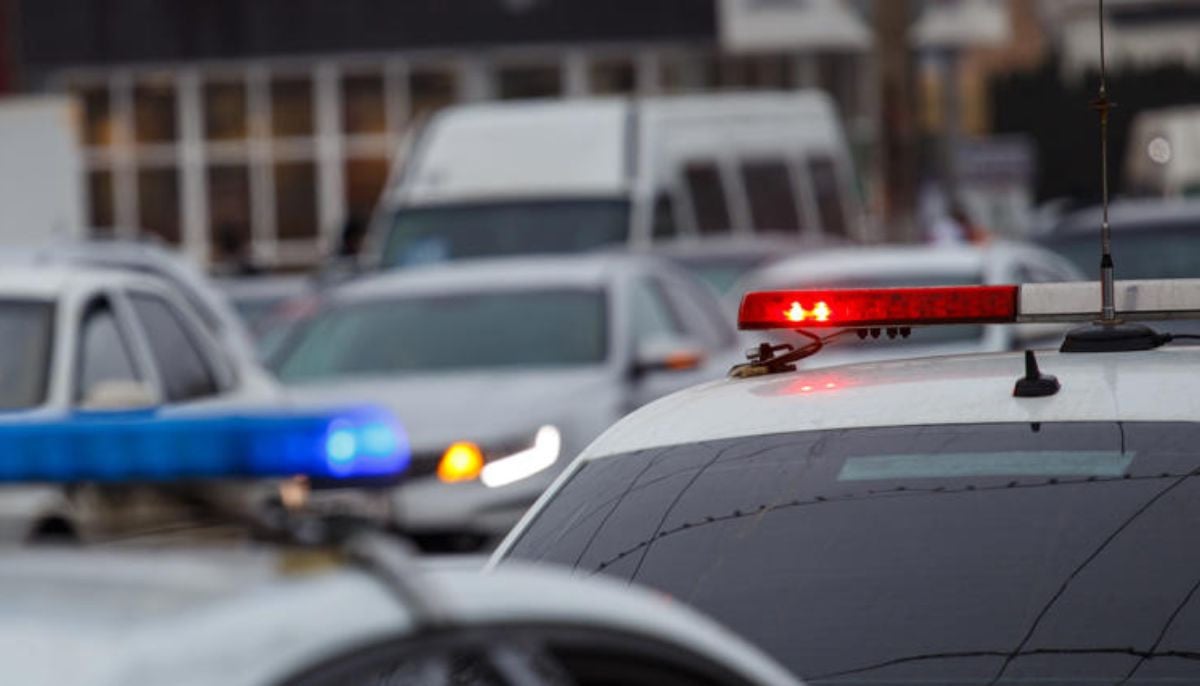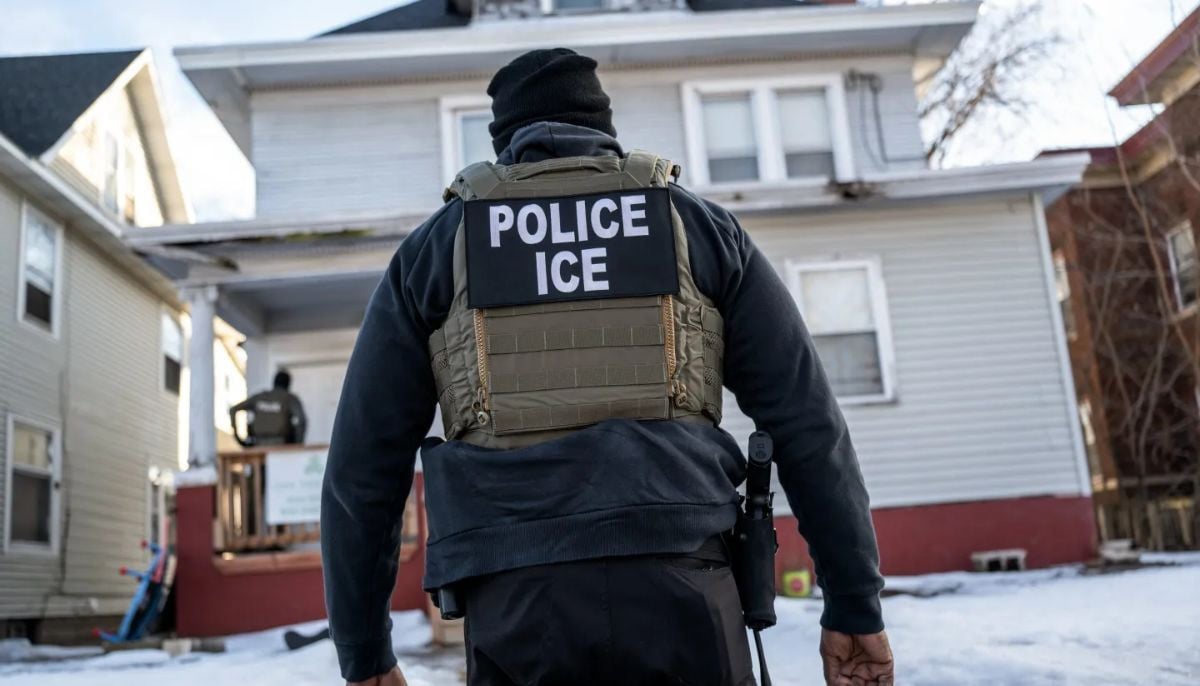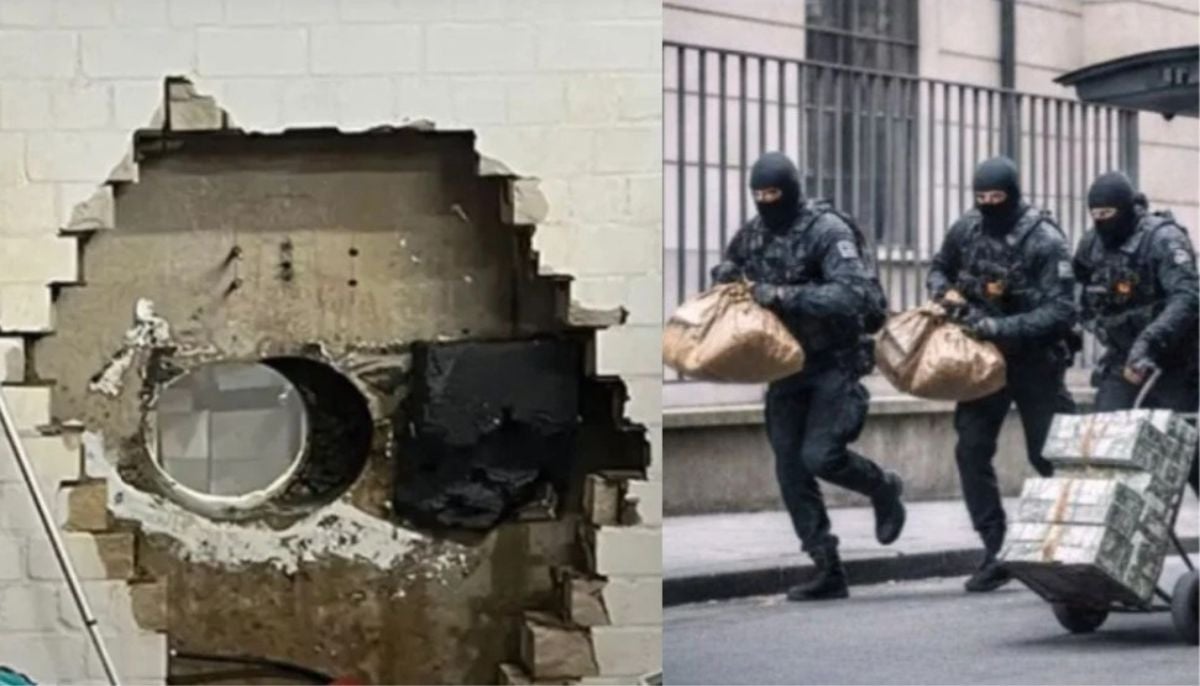India restarts issuing visas to Canadians as diplomatic tensions ease amid Nijjar murder row
Canada has called for India to cooperate in the investigation into Hardeep's death and expelled an Indian diplomat over the affair
India's embassy in Ottawa said on Wednesday that it will resume issuing visas to Canadians, a move that could ease tensions in the tense situation surrounding the death of a Sikh leader Hardeep Singh Nijjar on Canadian territory.
Relations between India and Canada plunged after Prime Minister Justin Trudeau last month publicly linked Indian intelligence to the killing of Canadian citizen Nijjar, allegations New Delhi called "absurd."
Nijjar, who advocated for a separate Sikh state carved out of India, was wanted by Indian authorities for alleged terrorism and conspiracy to commit murder.
Canada has called for India to cooperate in the investigation into his death and expelled an Indian diplomat over the affair.
New Delhi expressed outrage and reacted by taking countermeasures such as shutting down visa services for Canadians.
"After a considered review of the security situation that takes into account some of the recent Canadian measures in this regard, it has been decided to resume visa services," the Indian High Commission said in a statement.
Canada announced last week it had withdrawn 41 diplomats from India as a result of the row.
New Delhi was about to revoke diplomatic immunity for all but 21 of Canada's diplomats and their families, forcing Ottawa to pull out the others.
The Indian government had also advised its nationals not to travel to parts of Canada "given the increase in anti-Indian activities."
Nijjar, who emigrated to Canada in 1997 and became a Canadian citizen in 2015, was shot dead by two masked assailants in the parking lot of a Sikh temple near Vancouver in June.
Canada is home to some 770,000 Sikhs, who make up about two percent of the country's population, with a vocal minority calling for creating a separate state called Khalistan.
The Sikh separatist movement is largely finished within India, where security forces used deadly force to put down an insurgency in the state of Punjab in the 1980s.
Hundreds of Sikh protesters rallied outside Indian diplomatic missions in Canada last month, burning flags and trampling on pictures of Indian Prime Minister Narendra Modi.
-
Poll reveals majority of Americans' views on Bad Bunny
-
Man convicted after DNA links him to 20-year-old rape case
-
California cop accused of using bogus 911 calls to reach ex-partner
-
'Elderly' nanny arrested by ICE outside employer's home, freed after judge's order
-
key details from Germany's multimillion-euro heist revealed
-
Search for Savannah Guthrie’s abducted mom enters unthinkable phase
-
Barack Obama addresses UFO mystery: Aliens are ‘real’ but debunks Area 51 conspiracy theories
-
Rosie O’Donnell secretly returned to US to test safety












